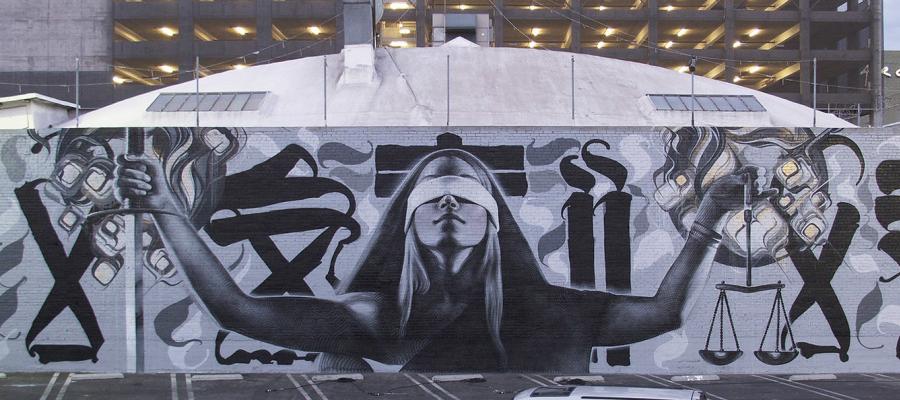The Irrationality of Human Decision Making
22
Jul 2010
Decades of psychological research has shown, though, that although philosophers may be paragons of rationality -- ahem, ahen – in fact most people (and probably most philosophers too) are pretty irrational in their decision-making. People go wrong at every turn. We aren’t so good at figuring out what we want. Our preferences aren’t very stable or coherent. We’re bad at assessing risks and reward. You name it, when it comes to decision making, we’re bad at it.
Read moreLoyalty
15
Jul 2010
Loyalty binds people together. Friendships, marriages, even nations are built on loyalty. Try imagining a person who has no loyalty whatsoever to anything or anyone. Such a person would be friendless, loveless, nationless. She would feel no devotion to any higher cause or principle – like truth or justice. She would not even be a fan of any sports team. A life like that would be empty, devoid of many of the things that make us fully human.
Read moreRawls on Justice
07
Jul 2010
One of the most influential political philosophers of the 20th century, John Rawls articulated a vision of a liberal state, focused on justice. Continuing the ideas of Locke and others, Rawls maintains the best way to think of the state is as the result of a social contract.
Read moreDemocracy and the Press
03
Jul 2010
Freedom of the Press was important to the Founding Fathers; it’s right there in the first amendment: "Congress shall make no law respecting an establishment of religion, or prohibiting the free exercise thereof; or abridging the freedom of speech, or of the press; or the right of the people peaceably to assemble, and to petition the Government for a redress of grievances." Still, the founding fathers had a lot of ideas.
Read more